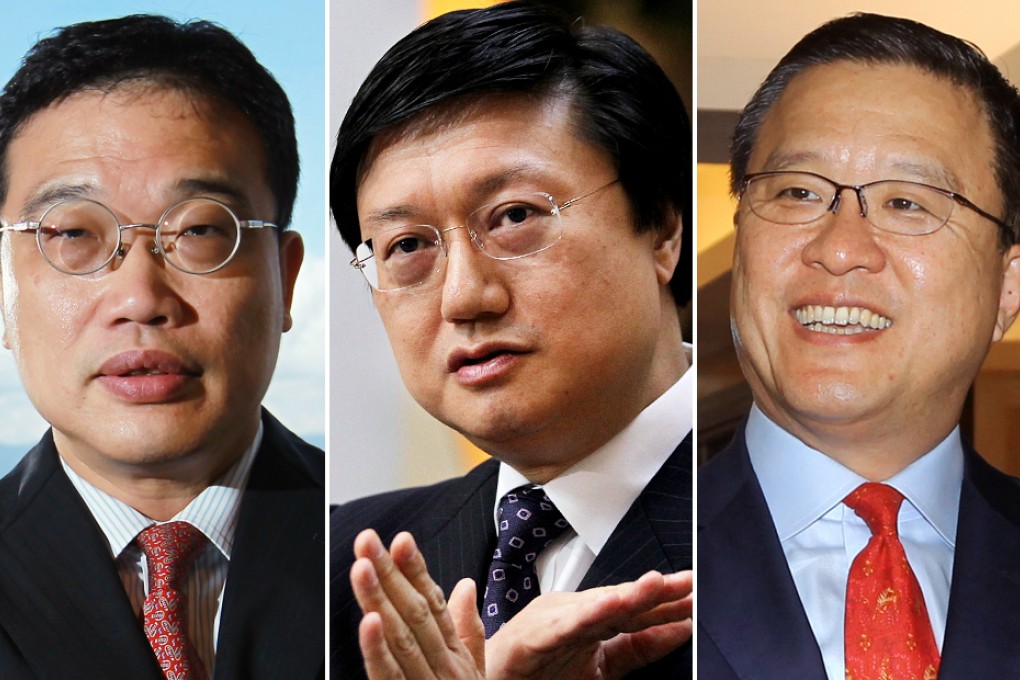Opinion | Exco member's clueless remarks reflect council's growing irrelevance
Albert Cheng says Cheung Chi-kong's comments on MTR congestion illustrate the government's inability to acknowledge real problems we face

Executive councillors are supposed to offer insightful advice to the chief executive on crucial policy issues. Their words can shape the future of Hong Kong. However, as far as the public can see, some can't even talk common sense.
In a speech at a seminar organised by the Hong Kong Association for the Promotion of Peaceful Reunification of China, Exco member Cheung Chi-kong attributed the cause of congestion on MTR trains to an increase in the workforce. "Everyone has to go to work, that is why so many are stuck on the MTR," he said, claiming that the workforce had increased by more than 100,000 since 2012. He said that those accusing individual mainland visitors of causing the congestion were wrong to have done so.
His observations failed to tally with the fact that over 40 million visitors now come to Hong Kong from across the border each year. Cheung's remarks were rebutted and widely mocked.
As far as the public can see, some Exco members can't even talk common sense
Cheung is executive director of the One Country Two Systems Research Institute, a brainchild of chief executive Leung Chun-ying. After he took the helm in 2012, Leung elevated his long-time protégé to Exco even though Cheung is regarded as a political and intellectual lightweight.
Controversially, Leung also appointed Cheung to the University Grants Committee despite his inexperience in the higher education sector. He was criticised for meddling with academic freedom when he questioned the methodology of the University of Hong Kong's public opinion programme, which consistently found low support levels for the chief executive. Interestingly, the programme has found that only about half the people polled in regular surveys knew of Cheung.
In the past, only the crème de la crème of Hong Kong society was admitted to the secret chambers of Exco.
In 1997, the first chief executive, Tung Chee-hwa, named 11 non-official members to Exco. Leung has appointed a total of 16 non-official Exco members since 2012; two of them - Franklin Lam Fan-keung and Barry Cheung Chun-yuen - have had to step down in disgrace. Exco members' perceived status has, for the most part, fallen since reunification in 1997.
Cheung's latest verbal blunder has given the public an additional reason to deride the political institution in which he operates. He later admitted that his remarks had been made off the cuff. In an embarrassing U-turn, he said near-full employment was only one reason for MTR congestion, and conceded that mainland visitors also contributed to the crush.
